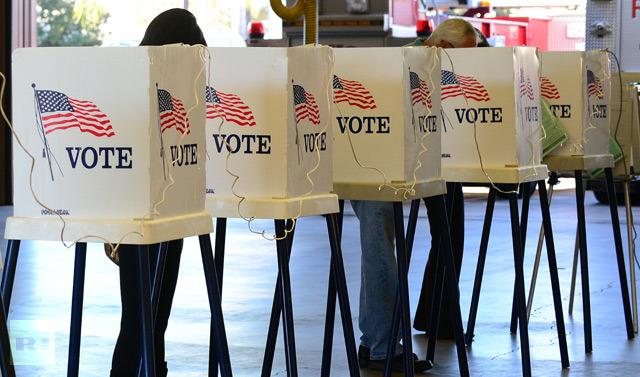Apathy in American politics: Why young Americans don’t vote
November 30, 2015
Chrystal Holland is a senior in college and doesn’t own a house, have children, or pay taxes. For that reason, Holland’s right to vote means nothing to her.
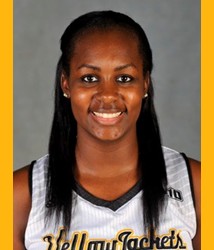
“There hasn’t been anything I’m passionate enough about to vote,” said Holland. “It’s a waste of time.”
Mary Ellen Lowney owns a house, has three children, and works two jobs. The 61-year-old has only missed one election since she began voting at age 18.
“I always vote. I believe in democracy and I want my voice known,” she said.
Like American International College student Holland, the majority of young people in America do not vote in local, state or national elections.
According to the United States Census, in 2014, 23.1 percent of American citizens ages 18 to 34 voted. In the same voting year, 59.4 percent of citizens ages 65 and older voted.
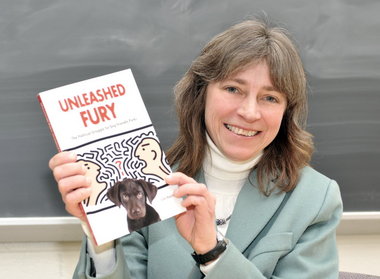
Julie Walsh is a professor of political science at American International College and offered insight as to why young people consistently make up the lowest percentage of American voters.
“Voter identification laws, in a least 22 states, do not accept student IDs and innovations to increase turnout, such as early voting, are being repealed,” said Walsh.
Not all young people even have valid forms of identification if they are not a licensed driver or never given the opportunity to travel outside the nation with a passport.
Regardless of age, many Americans are not familiar with how the political system works.
Walsh suggested that although presidential candidates promise a lot, it is Congress that must actually pass the laws.
Holland feels resentment toward the system because of this reason.
“Politicians just say what people want them to hear out loud,” said the student.
This resentment has placed a stigma on politicians, which is also leading to a decrease in voter attendance.
“There is distrust of authority figures in general, and political figures in particular, and therefore, a turn away from political action,” said Walsh.
Along with apathetic attitudes toward voting and politics, young people were not around during peak voter discrimination times. Young adults were born into a nation that automatically gave them the right to vote at age 18.
But decades ago, women, African Americans and men who were old enough to be drafted into war but not vote, had to fight for their right.
Walsh suggested that people must see the meaning of these rights today in order to appreciate them.
“That requires that people think of themselves as a part of a bigger whole, a movement, and together they will bring about change,” she said.
The professor noted that this is hard to do in such a time that focuses heavily on self-identity.
Times have changed. People went from literally fighting for the vote to not even acknowledging the right.
The Boston Globe blames it partially on the recession “which has kept so many young people from jobs, homes, and stability.”
But not all young people feel the same.
Robby Ollari, a 19-year-old sophomore at American International College has voted both times he was eligible to do so.

“If you feel something needs to get done, maybe your vote does count,” said Ollari.
Data shows that presidential elections do matter to young people, at least more than local elections.
Although overall voter attendance has decreased over the years, the presidential elections always see higher turnout rates than any other elections.
The United States Census explains that in 2012, a presidential election year, 61.8 percent of voters showed up to exercise their right. In 2014, when the vote did not determine a president, only 41.9 percent of voters showed up.
“The very fact that people do not show up for midterm elections indicates a profound confusion with how the system works,” said Walsh.
She explained that the less people know about how the system works, the more easily they can be manipulated.
Candidates do not typically target young populations.
2016 presidential candidate Hillary Clinton is known for her lack of appeal toward young people.
According to a poll of Colorado voters released by Quinnipiac University on November 18, 61 percent of millennials hold an unfavorable view of Clinton.
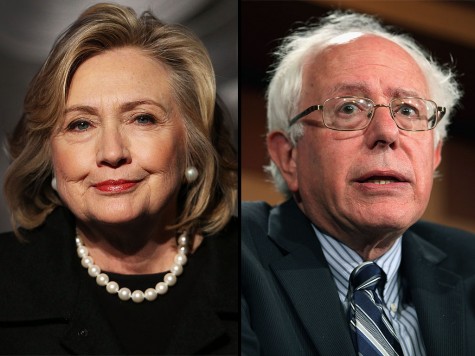
Bernie Sanders, competing against Clinton for the democratic nominee, is known for targeting college-age voters.
In the same Quinnipiac poll, only 20 percent of 18 to 34 year olds held an unfavorable opinion of Sanders.
However, the less attention politicians pay to the youth, the more uniformed the youth will be. An uninformed population can lead to more manipulation and may continually decrease voter turn outs rates.
If this pattern continues, a more biased political system may permeate America which will not truly represent a democracy.
It seems that college-age students are already realizing these effects, before their parents and grandparents.
Holland, who admits to being uniformed about American politics and how the system works, doesn’t expect policies to change any time soon.
The lack of knowledge is perhaps the greatest factor leading to low voter turnout rates amongst young adults.
“I’m a democrat, but that’s all I know,” said Holland. “I don’t even know if we have a mayor in my hometown,” she said.
Lowney, who considers herself well-informed now, agrees that she wasn’t nearly as informed in her younger days.
Between the apathy toward the system and laws that work against young voters, young America expresses that the vote no longer carries any integrity. But with candidates not paying much attention to the future generation of leaders, young people, understandably so, do not feel a sense of empowerment or importance.
While there are legitimate factors working against the youth, older generations are quick to peg the term “lazy” on young people.
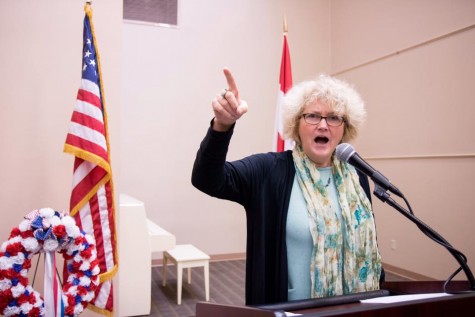
“It’s a big disappointment to me that young people don’t care enough to vote. It kills me,” said Lowney.



